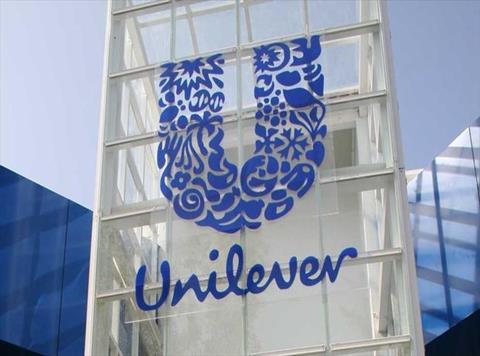
Unilever has warned that prices for consumer goods will rise further after posting record price increases last quarter that cut into demand for its products among cash-strapped shoppers (The Financial Times £).
The FTSE 100 consumer goods giant, which owns brands including Ben & Jerry’s ice cream and Domestos, said turnover was up 11% to €14.6bn in the three months to December, driven by what it called “disciplined pricing action” in response to high input cost inflation (The Times £).
The London-listed firm raised prices by 11.3% during the year in response to soaring energy, salary and commodity costs, largely resulting from the Ukraine war and supply chain disruptions (The Mail).
The London-headquartered company said on Thursday that while the level of inflation had likely peaked, prices had continued to rise, albeit at a slower pace compared with a year earlier. It would mean that Unilever would continue increasing prices for consumers in the first half of the year, even if it meant shoppers bought fewer items as a result (The Guardian).
The outgoing boss of Unilever has insisted it will continue to focus on “social purpose”, even as he refused to immediately stop selling products in Russia (The Telegraph). CEO Alan Jope said the company will continue selling food and hygiene products in Russia because “exiting is not straightforward”.
The Lex column in The Financial Times (£) says the consumer goods group’s underwhelming growth may be about to change. The paper asks if activist Nelson Peltz can do the same for Unilever as he did for Procter & Gamble.
The Tempus shares column in The Times (£) gives Unilever a ‘hold’ rating. “Activist intervention and new leadership could unlock greater value from the shares.”
The takeaway delivery firm Deliveroo is to cut about 350 roles, or 9% of its workforce, its founder has told staff (The Times £).
The boss of the online delivery firm, which weathered a disastrous £7.6bn float on the London Stock Exchange two years ago, admitted that the downsize comes after being caught up in a hiring spree in a fight for growth and market share against competitors (The Guardian).
CEO Will Shu pointed to the cost of living crisis and said he took responsibility for over-hiring in the past. The company added it hoped around 50 people would be redeployed to new roles at the company (The Telegraph).
PepsiCo has pledged to hold off from further price rises of its fizzy drinks and snacks after a series of increases pushed quarterly sales at the conglomerate ahead of expectations (The Times £).
Nestlé, which makes Kit Kat chocolate and Cheerios cereal, said it is exploring the use of chatbots in the research and development of new products and has already created a coffee recipe for its Nescafé brand using AI technology, as well as a range of food supplements (The Telegraph).
British American Tobacco’s chief executive said efforts to offload its Russian business to a local partner could spill into 2024, underlining the difficulties that companies face as they seek to exit the country (The Financial Times £).
Alongside its full-year results today BAT said it was in “advanced discussions with a joint management-distributor consortium with a view” to completing the transfer of its Russian and Belarusian businesses” this year (The Times £).
BAT once dominated almost a quarter of the Russian market before Moscow’s invasion of Ukraine last year forced the group to plan its withdrawal (The Mail).
Love Hemp, the struggling listed cannabis supplements company, said last night that administrators had been appointed. In a brief statement, Love Hemp said Paul Cooper and Jamie Taylor, of Begbies Traynor, had been appointed as joint administrators while the business continues to trade (The Times £).
Compass Group has posted organic revenue growth of 24% for its first quarter as the firm told investors it is ‘excited’ about ‘significant growth potential’ across its markets (The Mail).
The world’s biggest catering group served up first-quarter revenue growth of 24% yesterday after workers returned to the office and sports fans went back to venues including Henley and Edgbaston (The Times £).
Global food supply chains are going to become more vulnerable, putting further pressure on businesses, a food security expert has warned (The Times £).







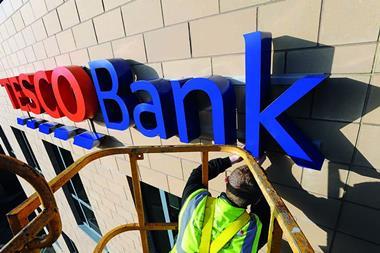
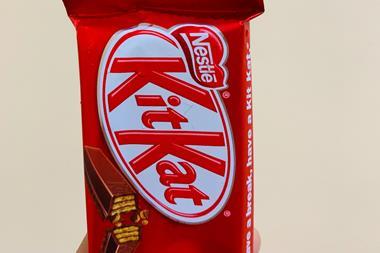
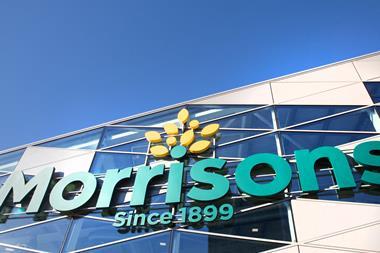
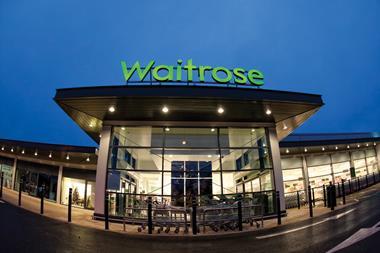
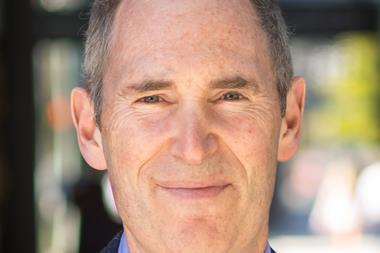
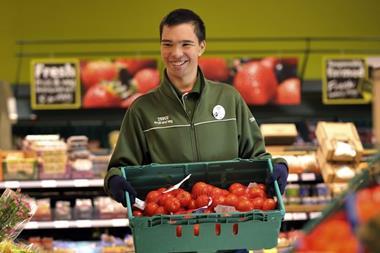


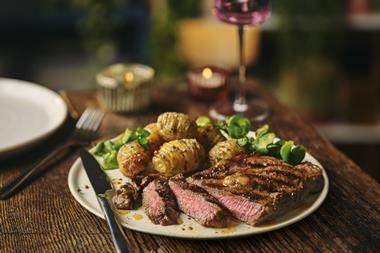

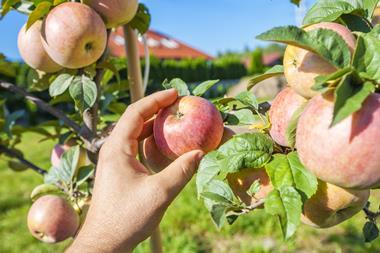
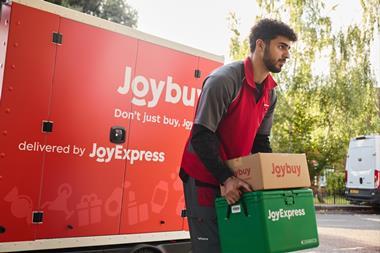
No comments yet